TEHRAN(Bazaar) –Shireen Tahmaasb Hunter, a professor of political science at Georgetown University, tells instead of focusing on the JCPOA, Iran should think about how to reach a modus vivendi with the US.
She says: “As matters stand now, I am not hopeful about the JCPOA's future.”
Following is the text of the interview:
Bazaar: The resolution of the Board of Governors of the International Atomic Energy Agency was issued against Iran. What is your assessment of this resolution?
Hunter: The passage of the resolution at the IAEA board meeting indicates the hardening of the position of Western states towards Iran. In particular, the US seems to have lost interest in reviving the JCPOA as it is pursuing other priorities in the Middle East, including reconciliation with Saudi Arabia's MbS.
Bazaar: Some believe that the tone of this resolution was not so sharp and Iran's reaction to it was not so strong and the way for “win-win” negotiations is still open. What is your assessment?
Hunter: It seems that Western parties to the JCPOA have adopted a gradual escalation of pressure on Iran. Iran, too, has adopted a similar approach. However, should this trend continue, Iran's retaliatory options are not good. If Tehran increases the level of its uranium enrichment, it could face sharper sanctions and possibly the activation of snap back close.
Bazaar: The next session of the Board of Governors is about three months away. According to the current resolution, will the negotiations for the revival of the JCPOA be held before the next meeting of the Board of Governors, and will it be concluded?
Hunter: Unless Iran and the US change some of their positions, I don't see a resumption of talks in near future. Absent basic changes in Tehran's and Washington's positions, even if the talks were to resume, their chances of success would be limited.
Bazaar: There is an assessment that the Biden government is in a state of “non-decision” on the JCPOA until the midterm congressional elections in November. Because any agreement with Iran may have negative effects on the results of this election. On the other hand, it is estimated that Iran also believes that we should wait until November to determine Biden's position in the US internal structure and possibly in the next presidential election. Because this election sheds some light on Biden's future. What is your assessment?
Hunter: Biden's hesitance in rejoining the JCPOA has many reasons, of which the midterm elections are only one.
Bazaar: Given the current trend, how do you assess the future of the JCPOA?
Hunter: Even at the beginning of the Biden administration, I was rather skeptical about the revival of the JCPOA. From the beginning in 2015, the JCPOA was stillborn. Opposition to the deal in the US and in Iran meant that neither side's expectations from the agreement were realized. I believe, instead of focusing on the JCPOA, Iran should think about how to reach a modus vivendi with the US. As matters stand now, I am not hopeful about the JCPOA's future.






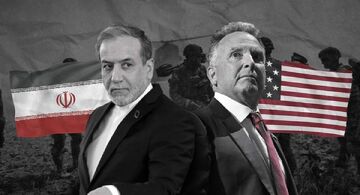

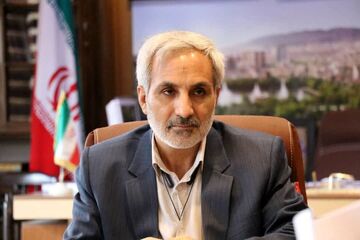



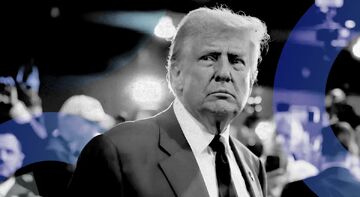
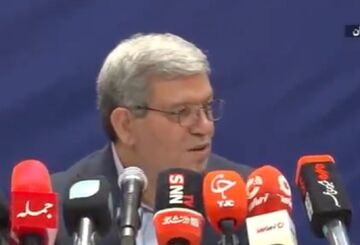
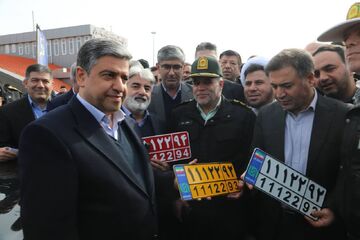

نظر شما